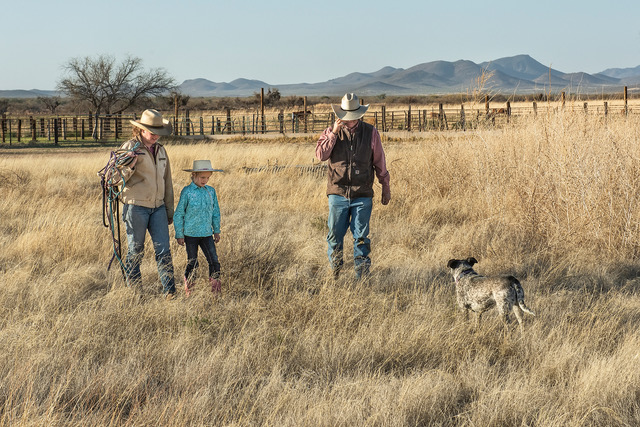
Photographing grasslands: beauty, community, life
Sally Thomson‘s gorgeous new book of photographs and texts, Homeground, is all about Southwestern grasslands and their flora, fauna, and the human stewards who work and care for the land.

Sally Thomson‘s gorgeous new book of photographs and texts, Homeground, is all about Southwestern grasslands and their flora, fauna, and the human stewards who work and care for the land.
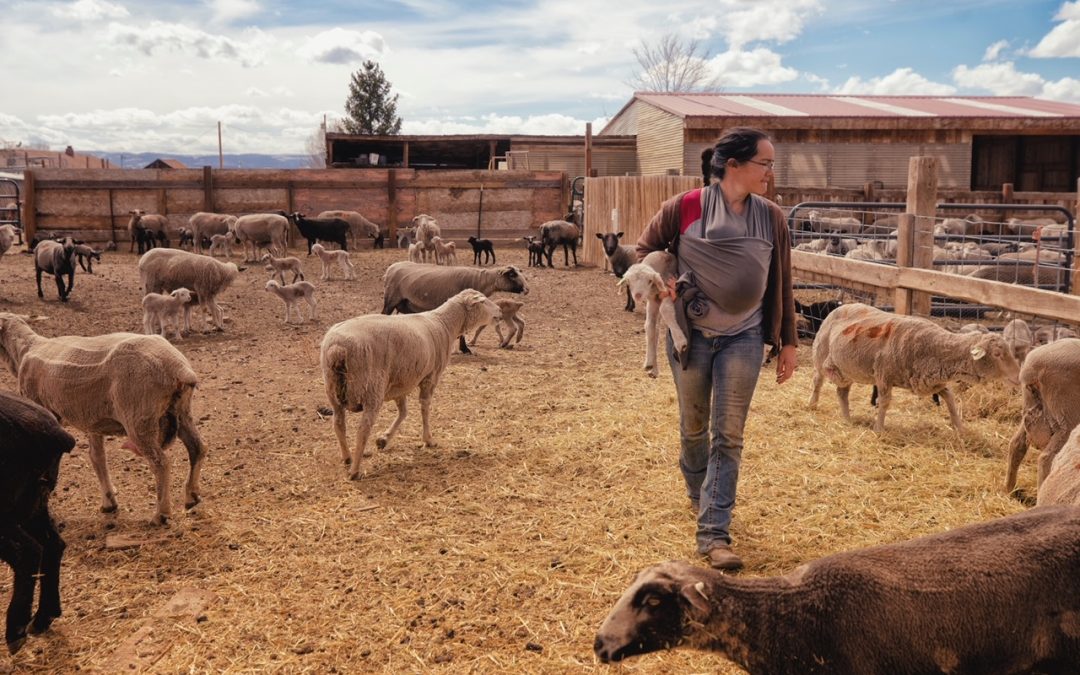
Elena Miller Ter-Kuile is a sixth-generation farmer living in Colorado, raising sheep for wool and grass-fed meat, and restoring her family’s damaged land.
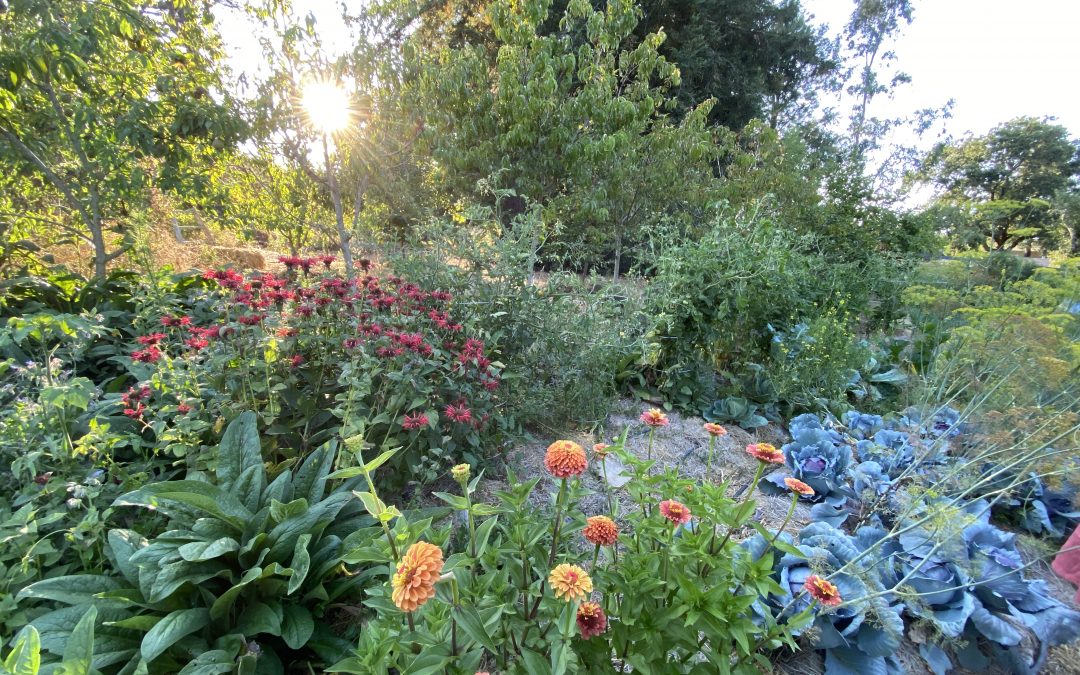
Erik Ohlsen, author of The Regenerative Landscaper, is helping people, municipalities, companies, and farms create thriving landscapes at every scale––and cultivate native plants, wildlife, and food.
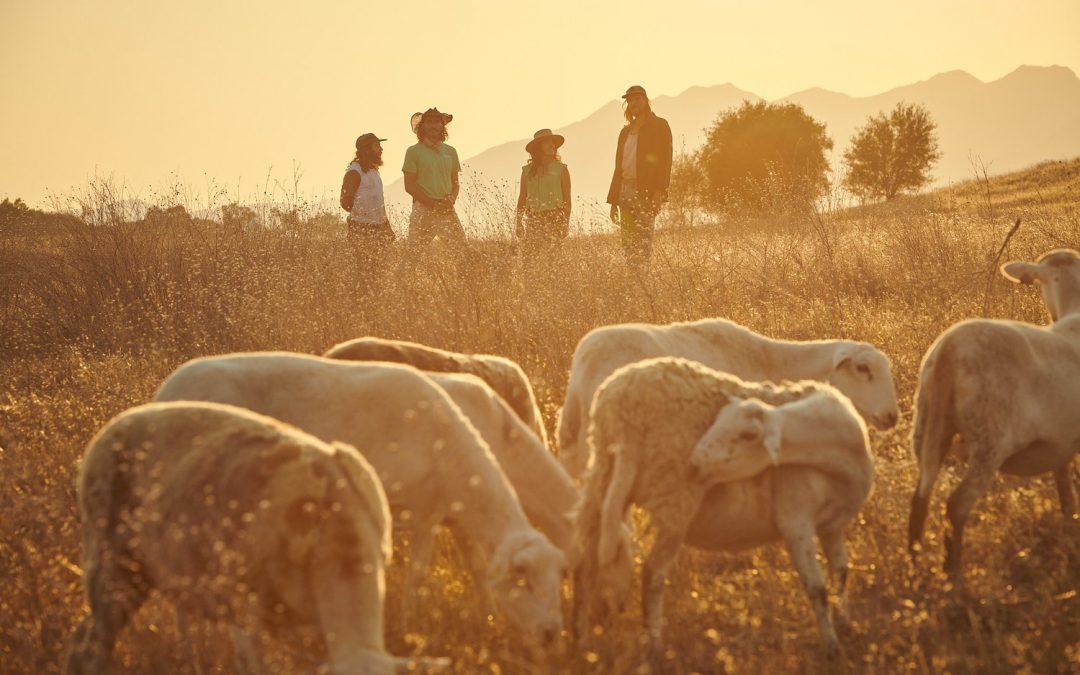
When Cole Bush takes her animals to the land, their grazing restores perennial landscapes and prevents fire, while replacing polluting machines.
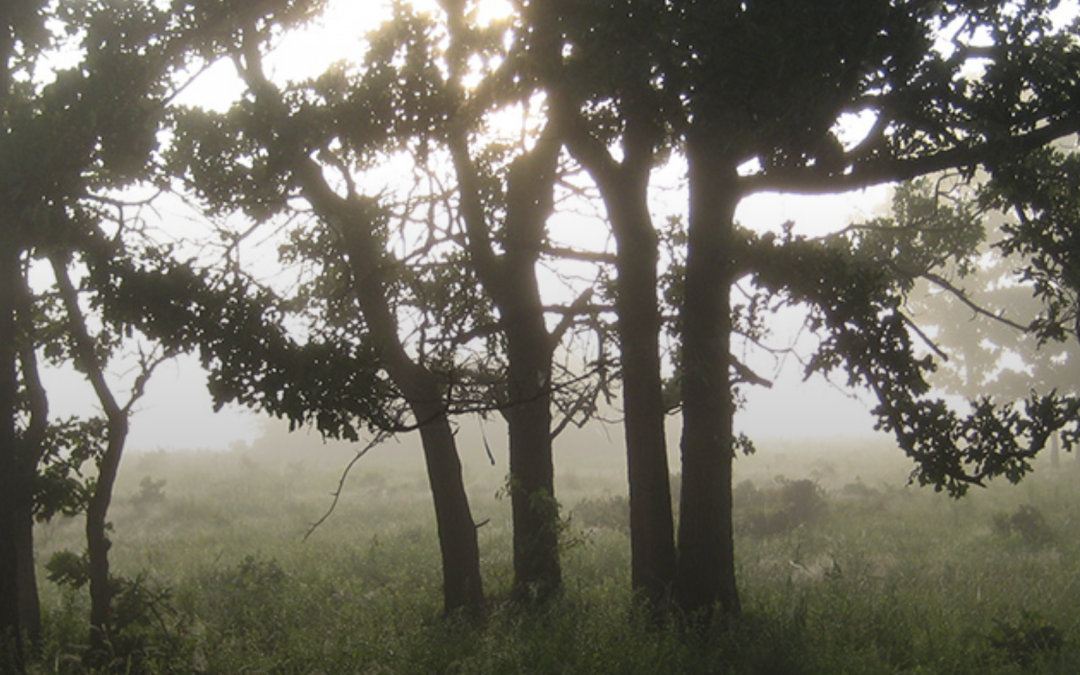
Dr. Hubert Karreman started out as a soil scientist and then fell in love with dairy cows. He became a veterinarian and a regenerative dairy farmer, following a path of respect and reverence for life.
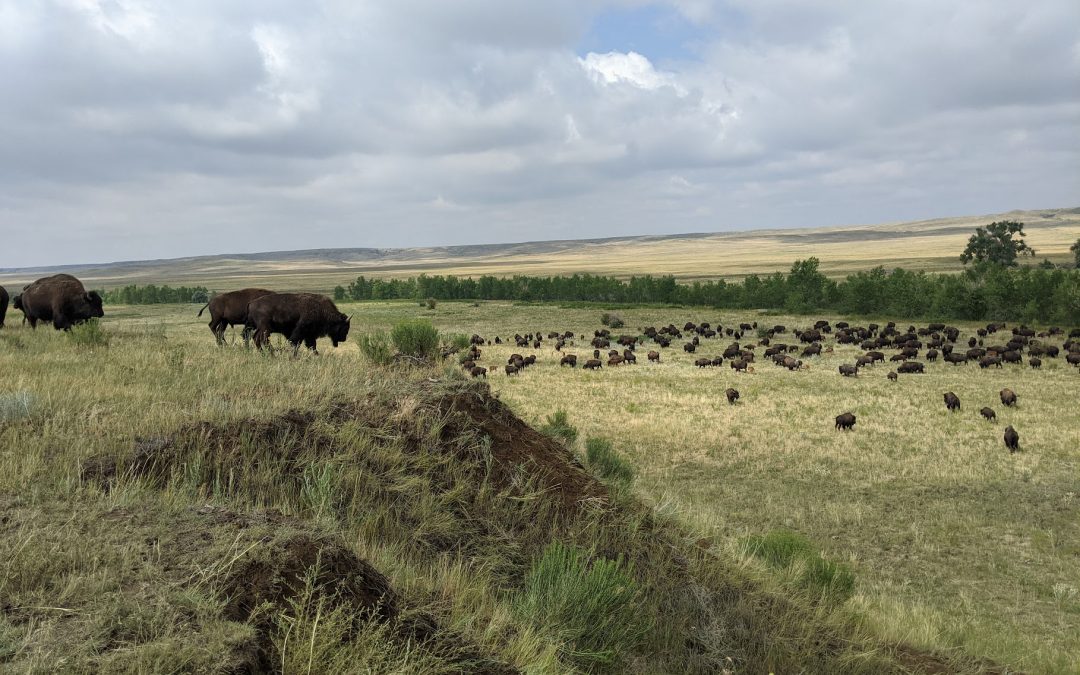
The Biden administration has made a great commitment to building sustainable and healthy food systems. But how to get that money to folks on the land who aren’t skilled bureaucrats? Dave Carter is part of the solution.
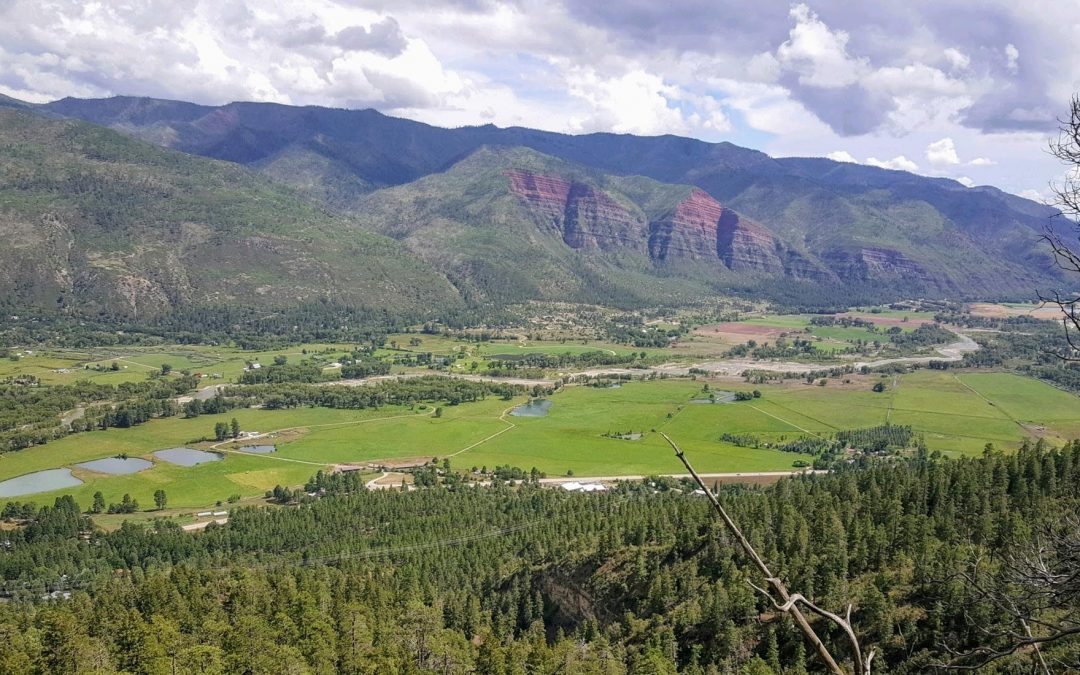
Joe and Jenn Wheeling talk about how to avoid the pitfalls of a family ranch business––ego, speechifying, wasted time––and arrive at consensus decisions with the full support of each family member.
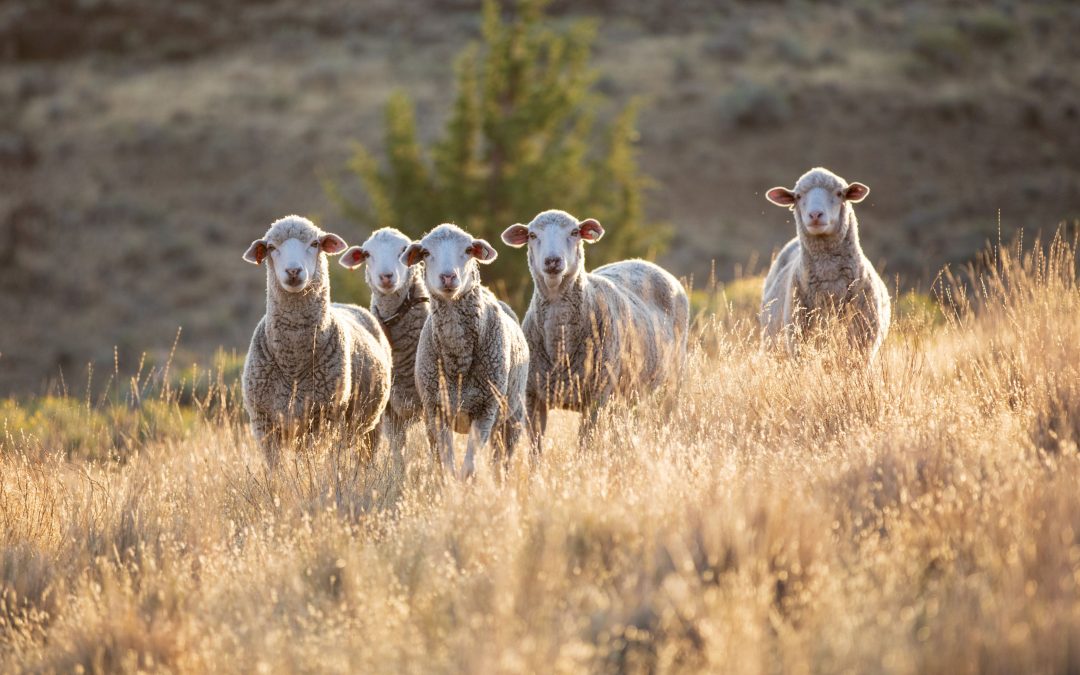
When wool processing suddenly moved overseas, Jeanne Carver and her family were left without a market for their products. Through determination and creativity, she turned a setback into a regenerative success story.
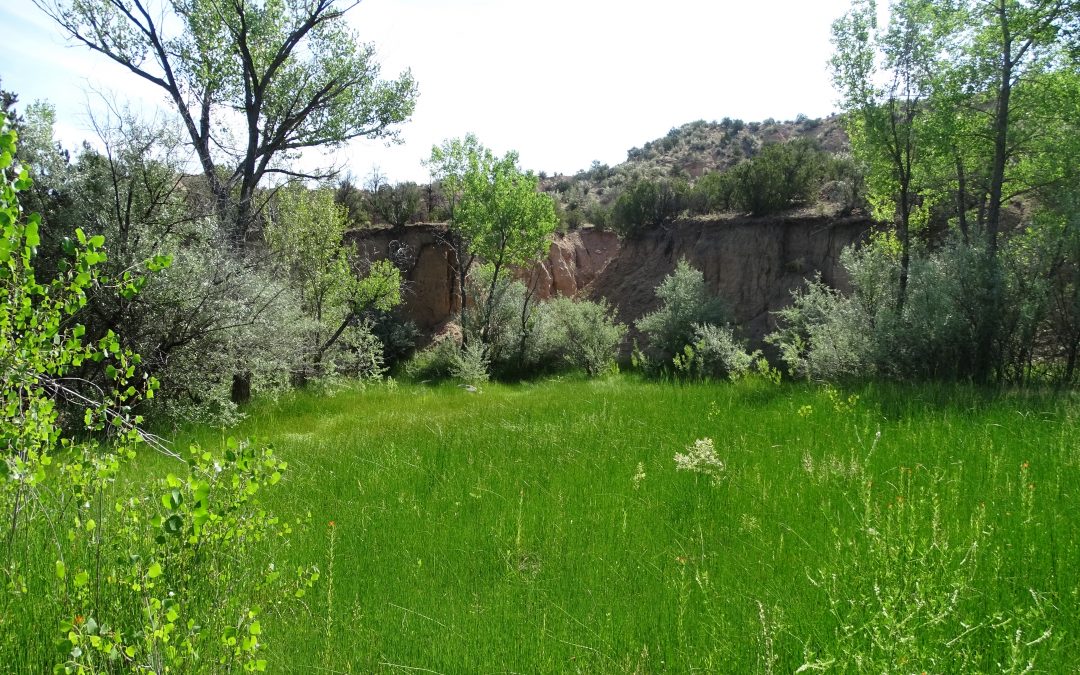
How do you restore an entire forest, or mountain, or watershed? Landscape planner Jan-Willem Jansens has been doing it for decades, and the key is…collaboration.
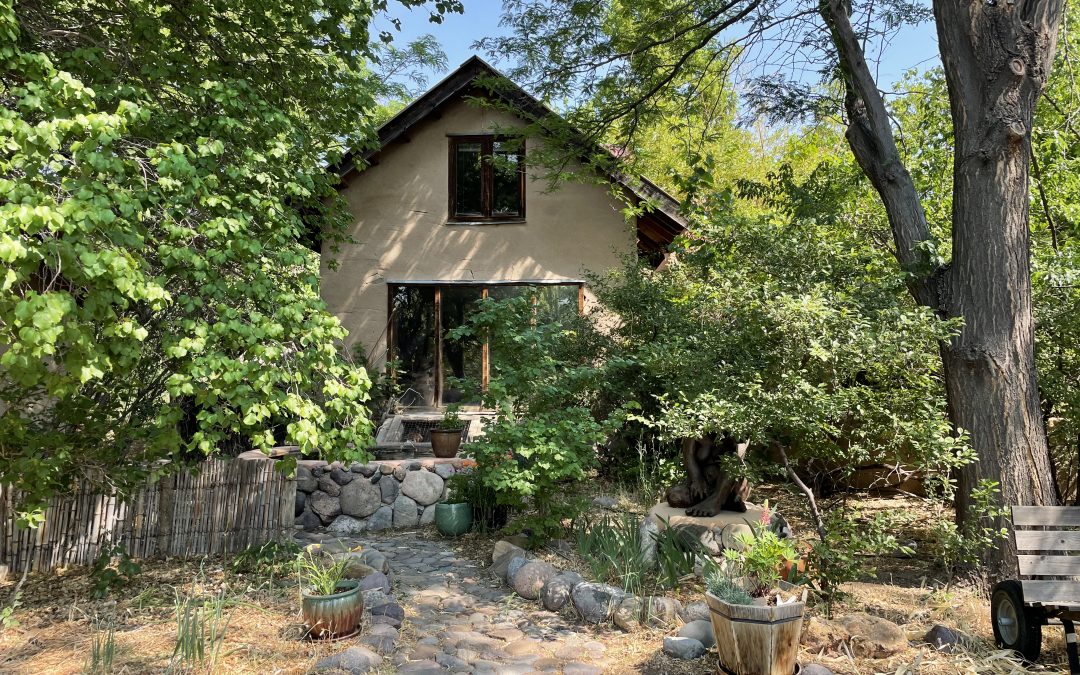
Roxanne Swentzell turned a small piece of bare, dry earth into a garden/forest that produced enough food and wood to maintain a family of four. She founded the Flowering Tree Permaculture Institute, which teaches how to understand and live on the land and allow it to flourish.